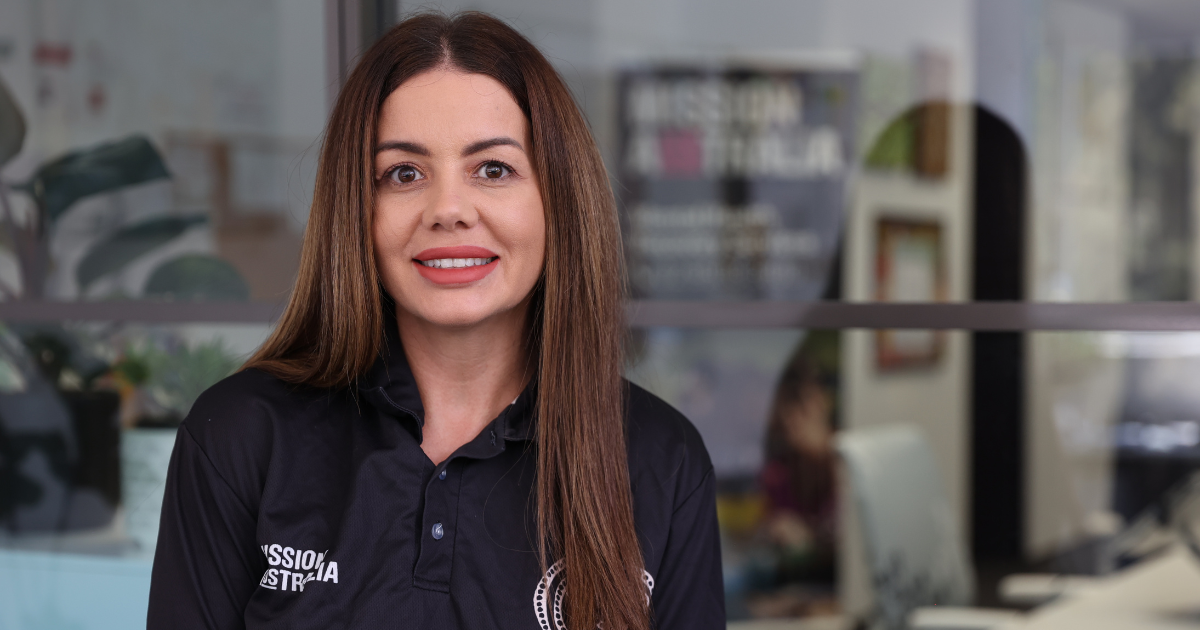'Homelessness broke me': Zoe’s story
The journey from childhood to adulthood is full of change, uncertainty and challenges. Vulnerable young people face significant barriers early in life— often through no fault of their own. In Australia, nearly a quarter of all people experiencing homelessness were aged from 12 to 24 years (28,204 people).1 Many of these young people experience hidden forms of homelessness such as couch surfing or sleeping in shelters. Homelessness at an impressionable age can create further disadvantages later in life but thanks to our community of generous supporters, young people like Zoe are breaking the cycle of homelessness and learning how to thrive.
'Homelessness broke me'
Zoe, was 16, when she was forced out of her home with nowhere else to go. For as long as she could remember, Zoe had been molested and abused by her stepdad. When she finally plucked up the courage to tell her mum, she was accused of "making it all up" and thrown out of home. Her mum's rejection was almost as painful as the abuse she had suffered.
Upset, scared and lonely, Zoe spent months moving between homeless shelters and hostels, or sleeping rough in parks, squats and abandoned buildings. Cut off from her family and friends, she had no money for food and no one to turn to for help.
Shockingly, there are 122,000 Australians who, like Zoe, are homeless and have nowhere safe to sleep.1
Like many young people in her situation, Zoe's homelessness left her feeling desperate and overwhelmed by a feeling of terrible hopelessness. She eventually became so depressed that taking her own life seemed her only option. After months of living on the streets without hope, Zoe attempted suicide.
Homelessness broke me. Despite everything I had been through and survived, it was being homeless that got me in the end.
Being referred to Mission Australia by her hospital's mental health team was Zoe's first step to overcoming the trauma she had suffered for so many years.
Zoe was connected to Mission Australia's Inner City Brisbane Service, which provides residential care and support for homeless people, many of whom suffer from mental illness. We worked closely with her to restore her physically, mentally and emotionally.
Zoe was nurtured and encouraged to achieve her dreams and potential through her talent for painting. Her confidence grew and slowly she began to trust other people again. To help her on her path to independence, we also made sure Zoe had the skills to manage her own money and care for herself.
Today Zoe lives in affordable accommodation and remains connected to support networks. For the first time in her life, she is excited and optimistic about her future.
Youth homelessness in Australia:
People of all ages and backgrounds — including women, children, families, young people and older people — can become homeless. While it’s a common myth to assume homelessness affects middle-aged men, the reality looks different.
Alarmingly, around 28,204 young people aged from 12 to 24 years experience homelessness1 — often through no fault of their own. Domestic and family violence, as well as relationship breakdown, is a leading cause of homelessness. Without access to emergency accommodation or support networks, young people caught up in family crises, often have nowhere else to go and no means of supporting themselves.
Homelessness has long-term effects on a young person’s health and well-being and impacts their mental health, education, and connection with community. Read more about youth homelessness.
In 2023, our services assisted 23,441 people through 82 homelessness services2. Your support today ensures we can continue to provide life-changing help.
Help end homelessness in Australia
With your donation, young Australians like Zoe can access the urgent support they need to find a safe home and thrive.
Know someone affected by domestic and family violence?
If you are experiencing abuse or violence it is not your fault. There are support services that can help you. If your life is in danger, call 000. For 24/7 domestic violence counselling call the National Sexual Assault, Family & Domestic Violence Counselling Line on 1800 RESPECT (1800 737 732).
Where to get help
Acknowledging that one of your relationships may be unhealthy or potentially harmful can be overwhelming to cope on your own. It can also be difficult to see the bigger context when trying to look at a relationship outside of our own lens. Whether it’s a relationship you need help navigating, a behaviour you want to change or advice to support a loved one involved in an unhealthy relationship, reach out to:
- If your life is in danger, contact emergency services on 000 immediately.
- Lifeline —13 11 14 or chat online.
- MensLine Australia —1300 78 99 78.
- Relationships Australia — 1300 364 277.
1ABS (2021) Estimating homelessness: Census
2Mission Australia Annual Report 2024
Name and images have been changed to protect the identity of the people we help.
Related news and stories
Read about what we’ve been working on, our stance on important social issues and how you make a difference to vulnerable Australians' lives.
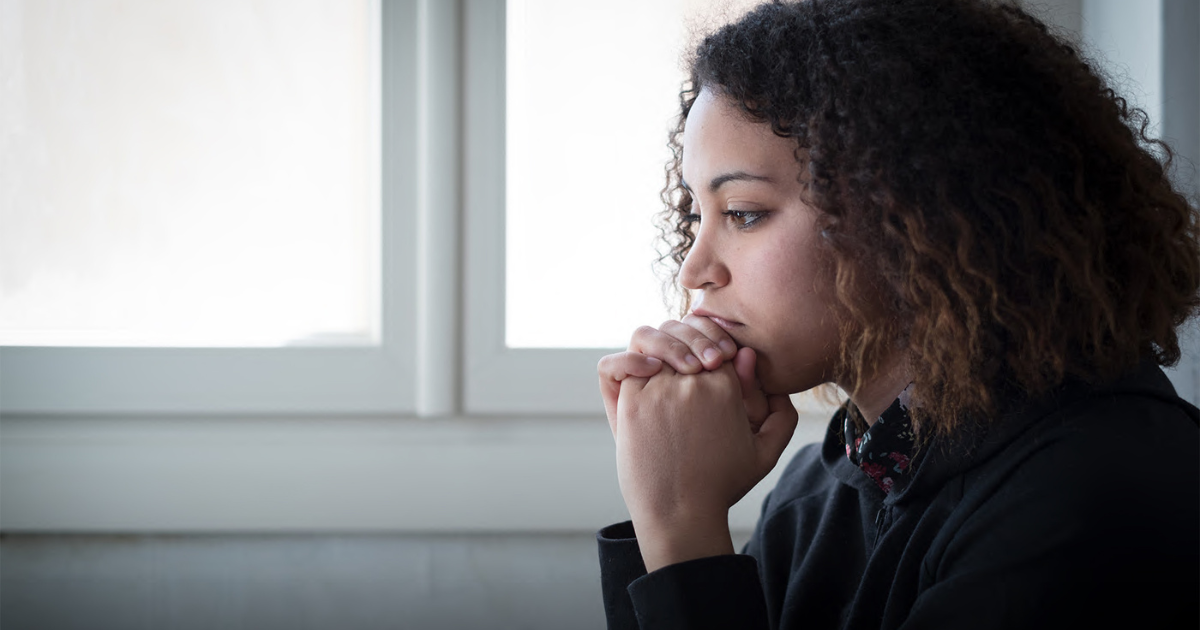
Three priorities at the 2025 Federal Election
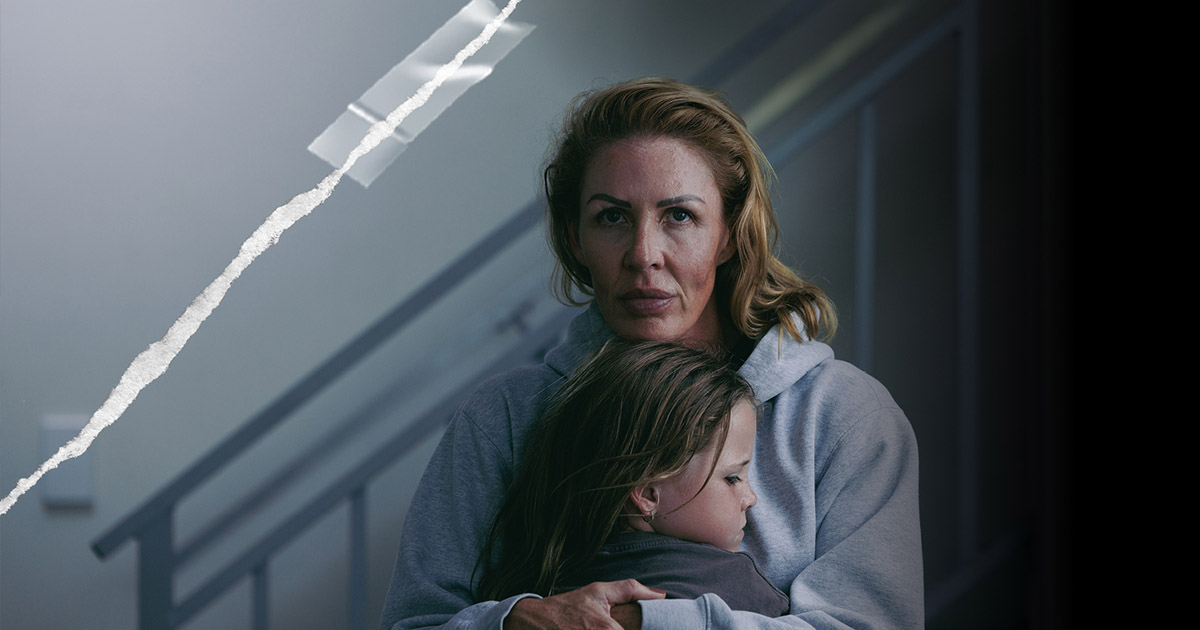
From fear to freedom: Cass’ story
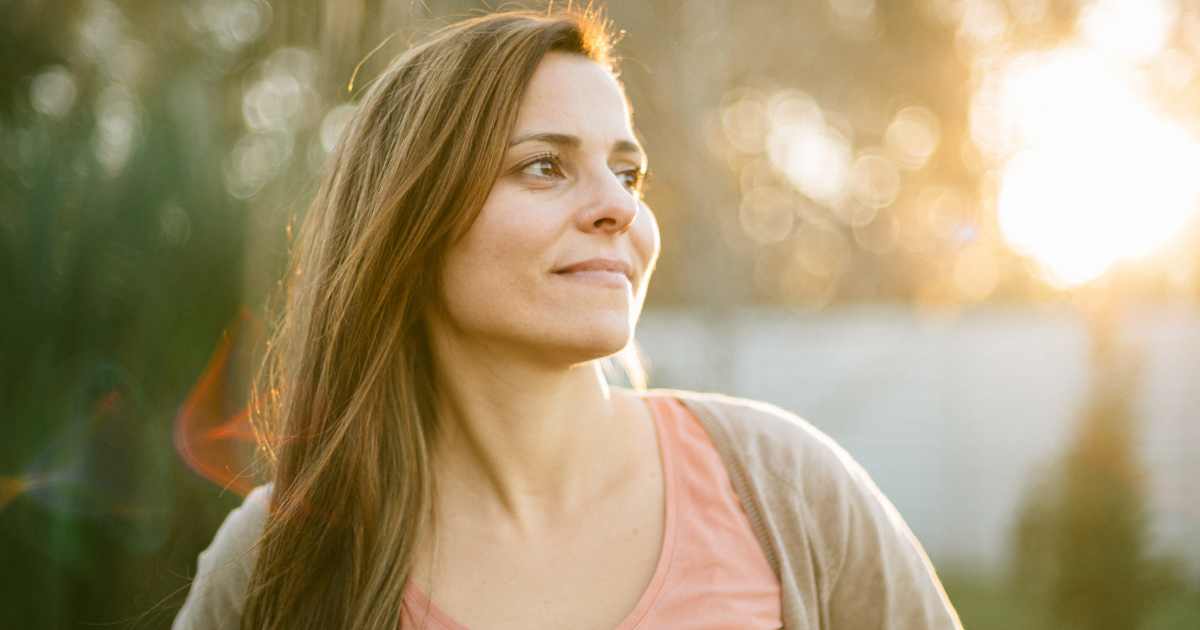
Women helping women: Karla’s story
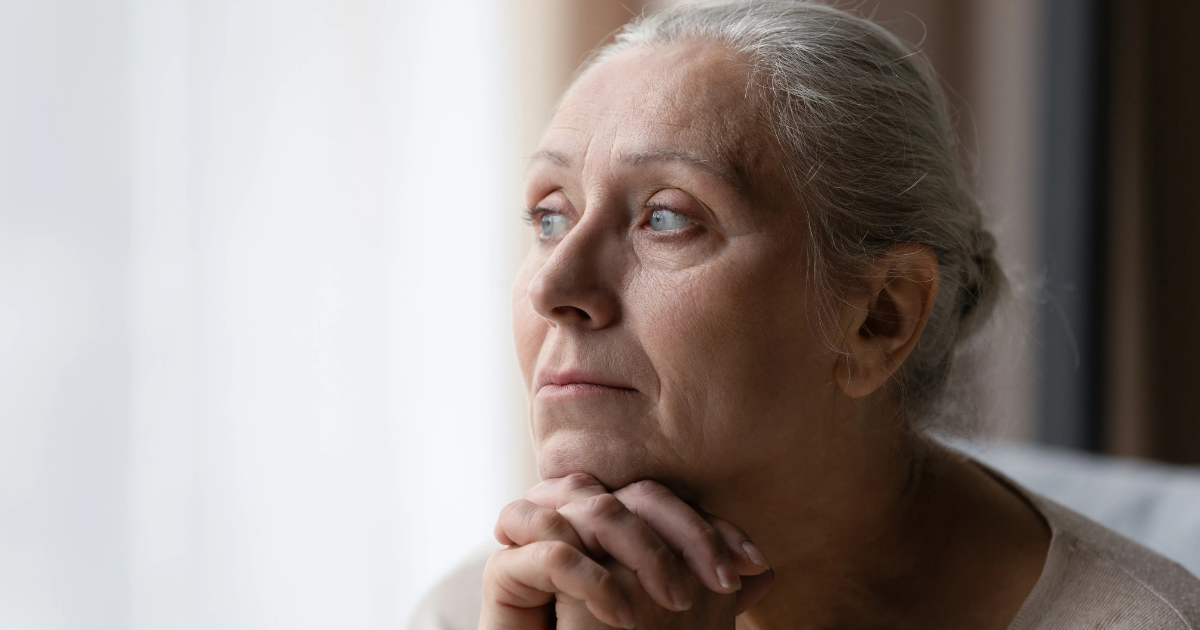
Helping older women find safe homes
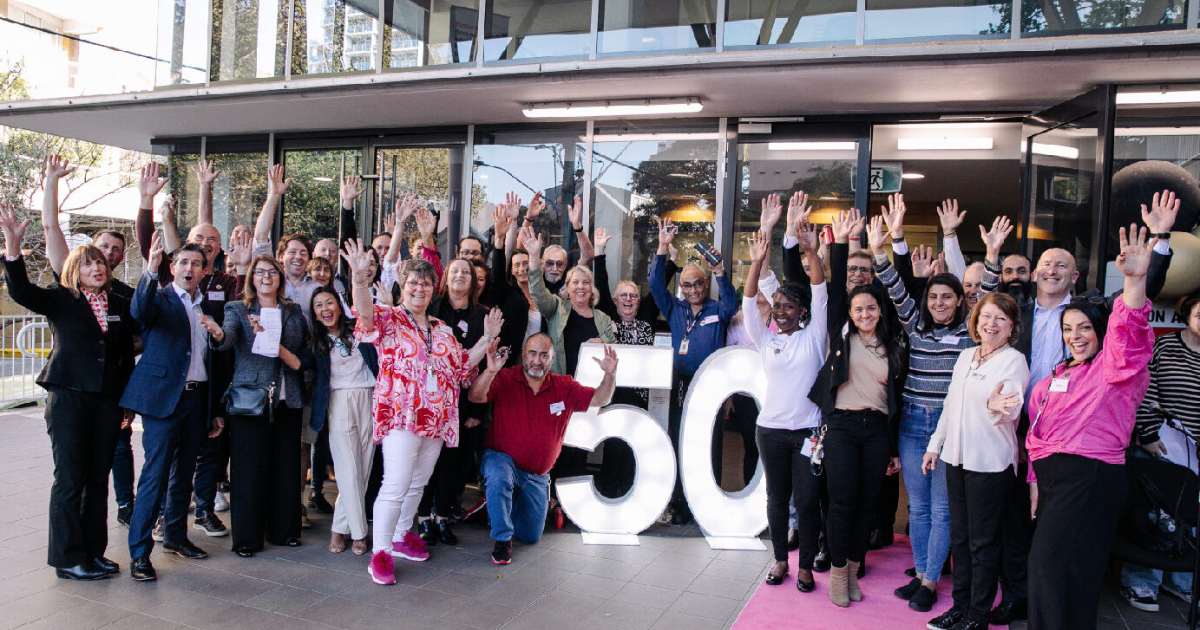
Celebrating 50 years of helping people in Surry Hills
